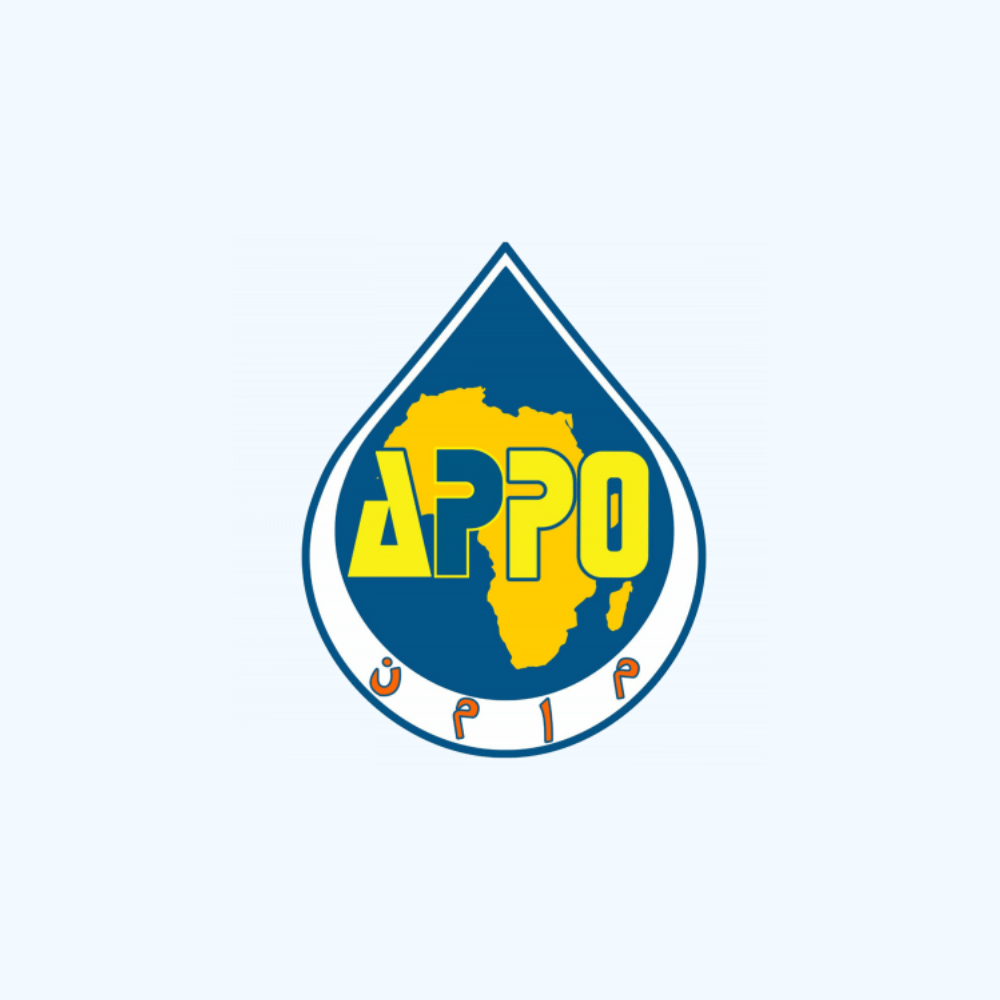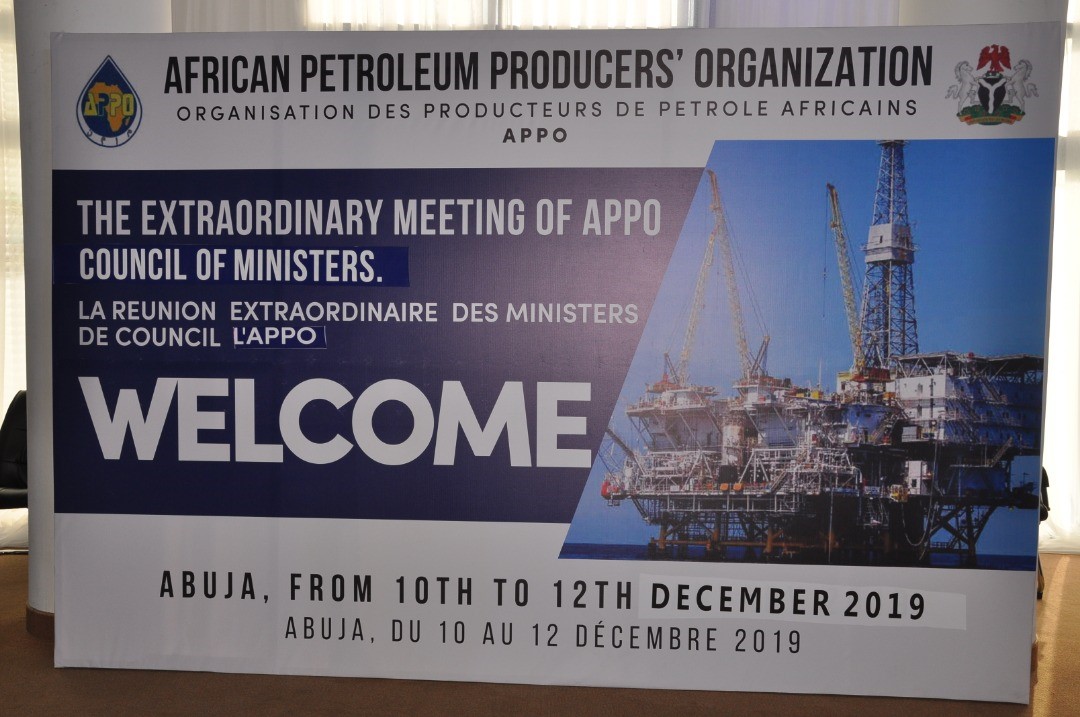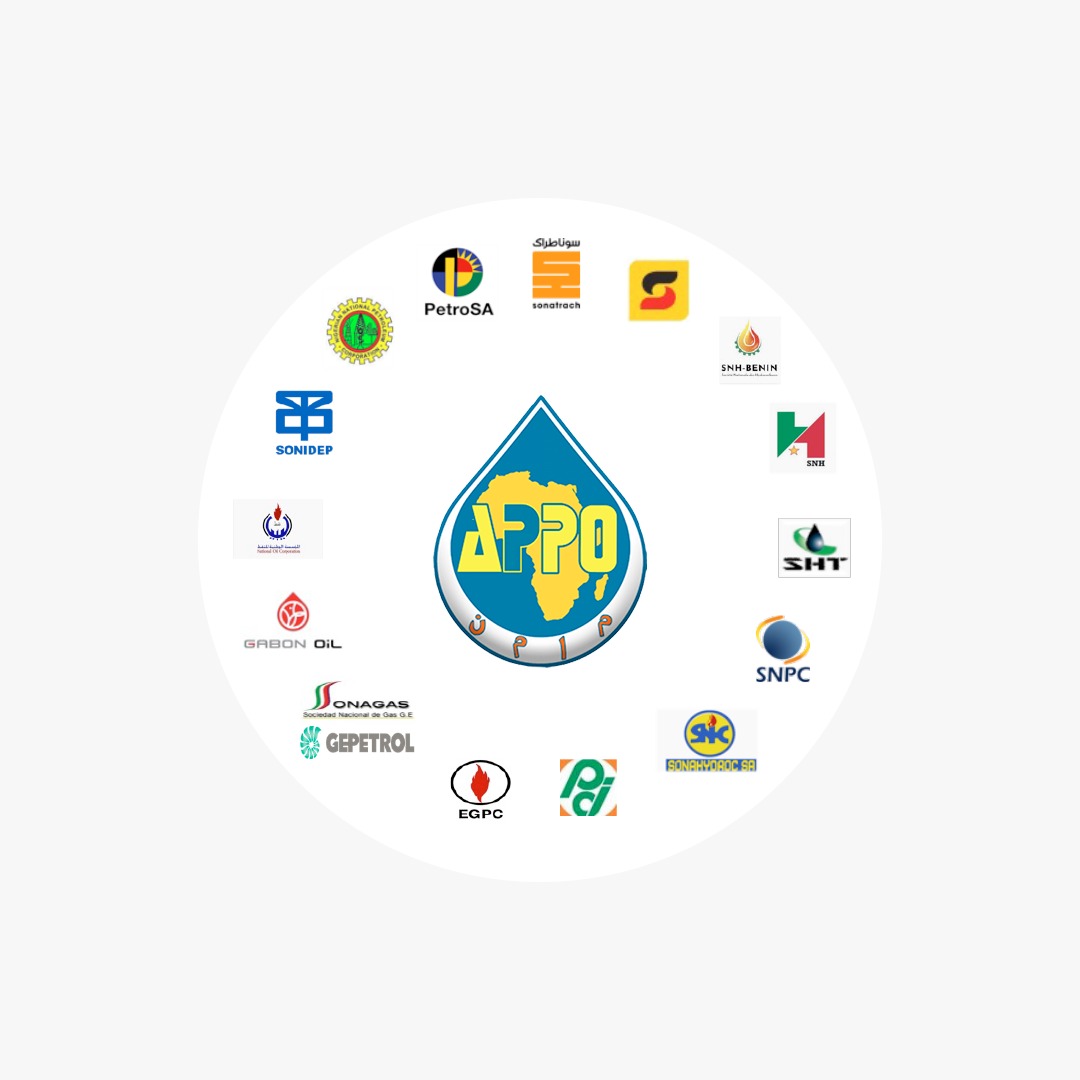“Africa is changing for the better and APPO is championing a new paradigm shift in the search for solutions to the challenges posed to the African oil and gas industry as a result of our failures in the past.”
- Excellencies Ministers, the President and the Executive Secretary of ARDA, captains of the African oil and gas industry, please permit me to single out my good friend and brother, the voice of the African energy industry, Dr. NJ Ayuk, for special recognition, the organizers of ARDA Week, all delegates to this conference, members of the press, ladies and gentlemen.
- Let me begin by commending another brother in the struggle to emancipate the African energy industry from total dependence on external forces, Mr. Anibor Kragha, the Executive Secretary of ARDA and his team at ARDA for gathering us here this week for what promises to be a deep reflection on where our industry is coming from, where it is today and its future on our continent in the light of the energy transition.
- In my opinion the theme: Africa First – Delivering Our Energy Future couldn’t have better chosen for this year’s conference: It is most timely and critical as we navigate a rapidly evolving global energy and geo-political landscape.
- Ladies and gentlemen, Africa is blessed with abundant energy resources, including vast proven oil and gas reserves. In APPO, we believe that the figures associated with Africa’s oil and gas reserves of 120 billion barrels and 630 trillion cubic feet of gas respectively are grossly conservative, and that increased exploration using enhanced technologies could see these figures doubling or more. The recent findings in various basins on the continent from Mozambique to Namibia to South Africa to Nigeria and Ghana and Senegal-Mauritania are confirmations of our position.
- The sad reality of the African oil and gas industry in the last three quarters of a century has been that the search for reserves have been dictated by the needs of others, not the needs of Africans. In other words, it has never been Africa first. Put differently, when global oil and gas prices are projected to go North, investors put a lot of money into exploration and when it goes south, they abandon or reduce exploration. The needs of the African continent with its nearly one billion people with no access to modern energy is not a factor considered in the search for energy on the African continent. That explains why the minimum energy infrastructure that one sees on the African continent ran from oil and gas fields to the seaports for export to those for whom Africa’s energy is produced. And so for many scores of years, we have come to accept that others shall have the right of first refusal to the energy that God has blessed us with, to use to transform the lives of our people. It is only when those others have decided to decline that offer that we will consider making it accessible to our own people.
- What I have said about oil and gas exploration in Africa also applies to oil and gas finance, oil and gas technology and oil and gas markets in Africa. Because Africa and Africans have never been first in the industry, all these three critical elements of production have been externally controlled. For decades we have relied heavily on outside Africa for oil and gas projects financing. The same applies to technologies developed and patented outside Africa. And finally, we have depended heavily on markets outside of our continent, even when, Africa has the largest proportion of the world’s population living without access to modern energy. Is it not ironic that Africa exports 75% of the oil and 45% of the gas it produces when we also boast of having the largest proportion of the world’s population living without access to modern energy?
- It took the advent of a global paradigm shift, euphemistically called the energy transiton, for us to realize our mistakes. It took the decision of those on whom we had, for decades, been heavily dependent to say that they didn’t want our energy for us to realize that all the while we never managed to control the finances, the technologies and the markets of the life-lines of our national economies. But it is better late than never.
- Distinguished ladies and gentlemen, Africa is changing for the better and APPO is championing a new paradigm shift in the search for solutions to the challenges posed to the African oil and gas industry as a result of our failures in the past.
- In the first place we recognize that there is no way that our quest for Africa first can become a reality if Africans do not control the financing of the energy industry. We also believe that Africa first will remain a dream if we continue to be heavily dependent on technologies developed by others to explore, produce and process our oil and gas. And finally for Africa first to become a reality, Africa must develop cross border, regional and continental energy markets.
- Excellencies, these are the three challenges that APPO has focused on addressing in the most practical way on the continent. And how are we going about addressing these challenges?
- I will start with the last challenge, the market challenge. Our data shows that 75% of the oil that Africa produces is exported outside Africa. The figure for gas is 45%. And as I noted earlier, we have the largest proportion of the world’s population living without access to modern energy. We have been made to believe that our people are too poor to buy energy and so we produce energy for rich countries, while our people remain in perpetual poverty. For a continent with about a billion people without access to energy, it is most misleading to say that there is no market. There is a huge market waiting to be developed. And it is the responsibilities of our policy makers to help develop that market. That explains APPO’s partnership with the Central Africa Business Energy Forum, CABEF, and Central African Economic and Monetary Community, CEMAC, to have the Central Africa Pipeline System, CAPS, a comprehensive pipeline system that on completion shall connect 11 central African states by gas, products and crude. I am pleased to say that late last year the CEMAC Secretariat approved the project for the consideration of the Summit of CEMAC Heads of State. In addition to the CAPS project, APPO is also promoting cross border energy infrastructure projects among its Member Countries. For example the Republic of Congo and the Democratic Republic of Congo are looking into connecting their pipeline infrastructure. A couple of years ago we faciliateted the resumption of talks on the Trans Sahara Gas Pipeline linking three of our Member Countries.
- We will be interested in looking into the East Africa Crude Pipeline as well as the one between our Member Country, the Republic of South Africa and a potential Member Country, the Republic of Mozambique.
- The second challenge is mastery of the technology of the industry – upstream, midstream and downstream. For the many decades that we have been producing oil and gas, with the exception of a very few countries, we have been heavily dependent on external technologies and expertise. The international oil and service companies have located their oil and gas research, development and innovation centers outside Africa and we are made to be consumers of their technologies, without access to the know-how or the patents. To address this challenge, APPO has created the Forum of Directors of Oil and Gas Research, Development and Innovations centers in APPO Member Countries where the leaders of these institutions regularly meet to share notes on the research and technology challenges of the industry. Our objective is to very soon have regional centers of excellence in the various sectors of the industry. When we have done that, we can pool our resources together to pursue researches of common interest. That way, the current practice where each African oil and gas producing country wants to be seen to excel in all the sectors without excelling in any, due to poor resources, will be put to an end. The next meeting of the Forum of Directors of Research, Development and Innovation is scheduled to take place in Algiers next week.
- The final challenge, which some might consider the biggest challenge is funding for the African oil and gas industry in the face of the decision by those on whom we have been heavily dependent for project financing to end funding for the industry, particularly in Africa.
- To address this challenge APPO partnered with Afreximbank to establish the Africa Energy Bank, AEB. In May 2022, an MoU was signed in Luanda, Angola, between the two institutions. By June 2024, studies and negotiations had been completed, the Establishment Agreement and the Charter of the Bank had been approved and signed by the founding institutions. By the end of the year, the required number of countries to sign and ratify the Establishment Agreement for it to become a treaty had been achieved, a Headquarters Building had been acquired, a substantial part of the initial capital needed to have the Bank take off had been raised, and a project management firm had been hired to assist with preparations for the take-off of the Bank.
- Initially planned to have an equity capital of USD5 billion, the Africa Energy Bank is an independent, supranational, pan African Bank not regulated by any central bank. While the Banks mandate covers all forms of energy, the main focus shall be oil and gas. And the reason is clear. Those putting undue pressure on us to abandon oil and gas are prepared to fund renewables on our continent but not oil and gas. And since we cannot afford to abandon oil and gas now, we have to find a solution.
- Africa Energy Bank welcomes funds from all APPO Member Countries, other African countries, National Oil and Gas Companies, Sovereign Wealth Funds and other investors. It also welcomes funds from investors outside Africa, particularly those in the oil and gas industry. But sovereigns outside the African continent cannot buy shares of the Bank. This is to ensure that the Bank is not hijacked by powerful countries who do not share our position that for Africa, all forms of energy shall be required to address our peculiar energy challenges. The Africa Energy Bank is ste for take-off as soon as our host country says the Headquarters is ready for our occupation.
- Once again, Africa first is achievable. But we must conscientiously and diligently create the enabling environment for Africa first to go beyond a wish to a reality. And doing this requires all of us to collaborate to ensure that the three identified challenges facing the African oil and gas industry, namely funding, technology and markets are successfully addressed. No one country on the African continent to on its own address these three challenges. But working in concert we have all it takes to succeed in a short period of time.
- Excellencies, ladies and gentlemen, Africa’s energy future is in our hands. We must seize this moment to define our destiny by putting Africa first in all our energy policies and initiatives. Let us work together – governments, the private sector, and all key stakeholders to ensure that the emerging Africa puts Africans first.
- Finally, I look forward to very fruitful discussions in this ARDA week and I am confident that the outcome will further strengthen our commitment to delivering Africa’s energy future.
- I thank you for your kind attention.



